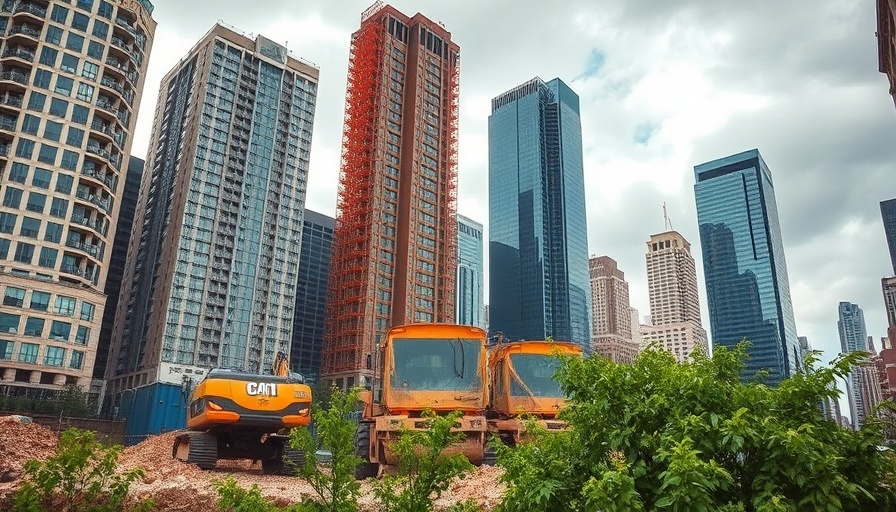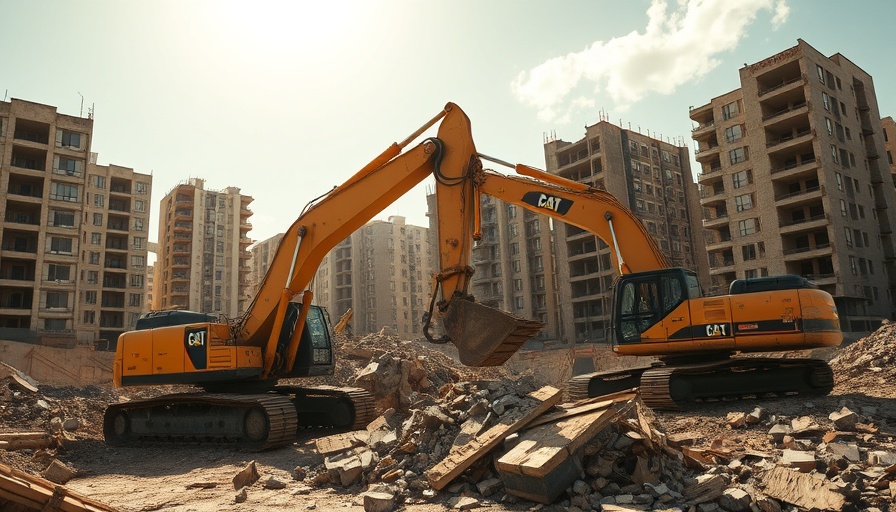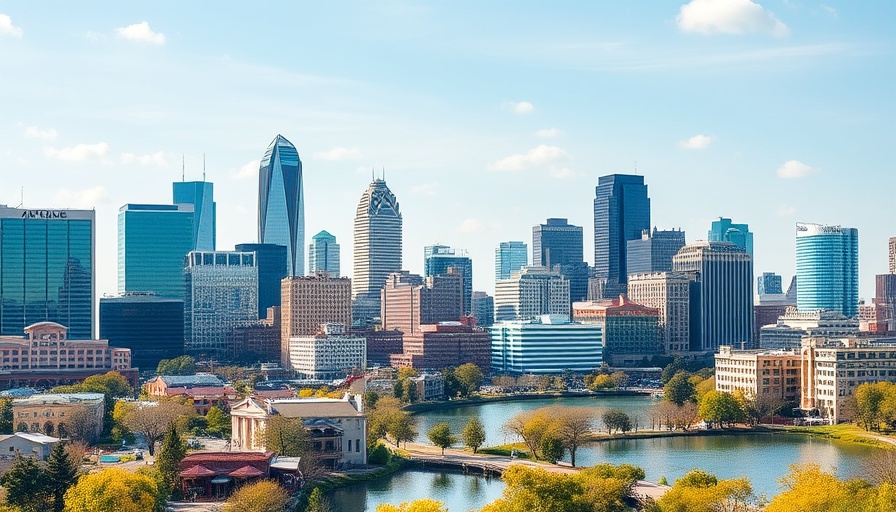
Is Austin's $1.6B Convention Center Project a Sound Investment?
The Austin Convention Center redevelopment is stirring substantial debate within the community. Advocates argue that the expansion, totaling a hefty $1.6 billion, is crucial for enhancing the city's business landscape, while critics label it an extravagant expense that overlooks pressing cultural and community needs. Local group United PAC has launched efforts to halt the project, suggesting the funds would be better allocated to improving parks and cultural initiatives that benefit the community at large.
Economic Development or Cultural Investment?
Supporters of the convention center redevelopment claim it will boost local businesses by attracting larger conventions and events, which would bring in tourism dollars. According to Visit Austin, the city's official tourism agency, the expanded facility has already scheduled at least nine significant groups for events upon its reopening slated for early 2029. Proponents assert that this will translate to increased revenue for Austin's small businesses, including startups and local eateries, which thrive on visitors.
However, opponents are pushing back. They argue that diverting such a large sum to a single project detracts from vital community investments. With many Austin neighborhoods grappling with issues such as affordable housing, increased traffic congestion, and a lack of green spaces, critics question whether a new convention center truly serves the broader interests of Austin residents. The irony is palpable, particularly among growing segments of the population who prioritize sustainable development and cultural enrichment over traditional economic boosters.
Community Voices Raising Concerns
At a recent town hall meeting held by United PAC, residents expressed their concerns about the allocation of city funds. City council members and local business leaders participated but the overwhelming message was about finding balance. Community member Lisa Jenkins shared, “We have so many beautiful parks in disrepair; I think our money could be spent better than on a convention center that may not even serve the people of Austin directly.” Many voices in attendance echoed the sentiment that fostering local culture and protecting local businesses should take precedence over building an expansive facility for fleeting tourism.
Alternative Investments: A Path Forward
Interestingly, the debate over the convention center is not an isolated issue. Cities across the nation face the same critical question regarding resource allocation between economic development and community enhancement. In cities like San Francisco, funds of a similar nature have been redirected towards affordable housing and community wellness initiatives, yielding significant community engagement and satisfaction. Austin might consider learning from these examples, experimenting with tenure and allocation strategies that involve public opinion more significantly.
What Austin’s Future Might Hold
As the pressure mounts, the future of the convention center project hangs in the balance. National trends indicate that demand for conference and exhibition space has evolved significantly, favoring smaller venues and flexible spaces that can host events tailored to various community needs. Whether this demand will translate positively for Austin remains a question that plagues city planners and business leaders alike.
If Austin proceeds with its plans amidst mounting scrutiny, it must also quickly demonstrate how it continues to support local entrepreneurs and small businesses. Can the city simultaneously bolster its event space while also nurturing its vibrant startup environment?
Taking Action for Austin’s Future
The decisions made regarding the convention center could shape the landscape of Austin for decades to come. Community members are urged to participate in upcoming council discussions, voicing their opinions on investment priorities. Engaging in this ongoing dialogue is vital for ensuring that Austin grows in a manner that respects its citizens’ diverse needs and aspirations.
For those invested in the local economy, now is the time to advocate for more collaborative approaches to development that honor Austin's identity as both a business hub and a community-focused city.
 Add Element
Add Element  Add Row
Add Row 



Write A Comment